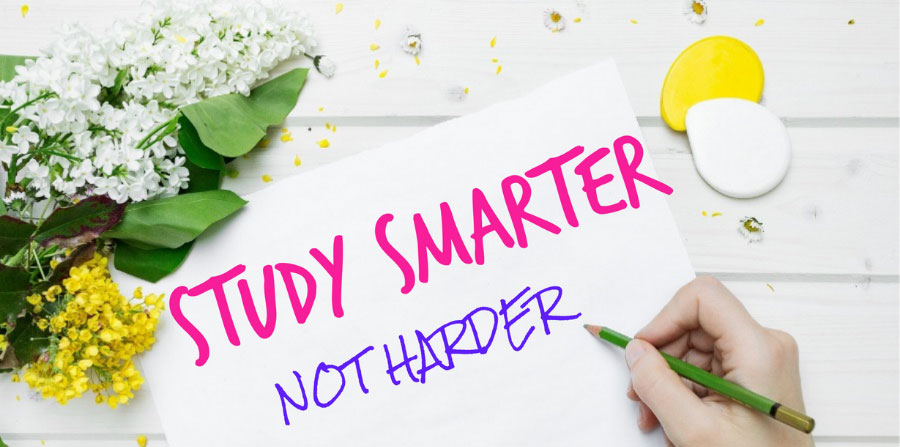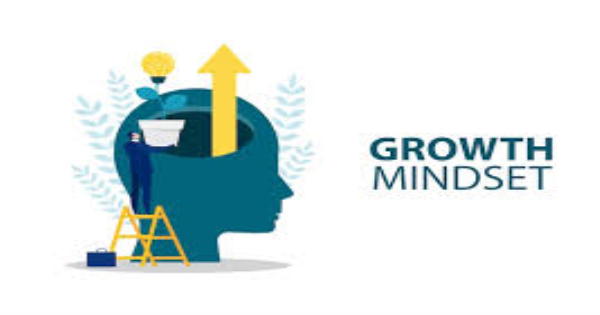
In today’s fast-paced world, students and professionals alike are constantly seeking ways to maximize their learning without burning out. The old adage “study hard” is being replaced by a more effective mantra: “study smart.” But what does it really mean to study smarter, and which techniques actually work? Here’s a guide to proven strategies that can help you retain more information, reduce stress, and achieve better results.
1. Active Learning Over Passive Reading
Simply reading textbooks or notes isn’t enough. Active learning involves engaging with the material—summarizing concepts in your own words, teaching them to someone else, or creating mind maps. This approach forces your brain to process and organize information, leading to deeper understanding and better recall.
Try this: After reading a chapter, close the book and write a summary from memory. Then, check for gaps and review as needed.
2. Spaced Repetition
Cramming might help you pass a test, but it won’t lead to long-term retention. Spaced repetition involves reviewing material at increasing intervals over time. This technique leverages the psychological spacing effect, which helps transfer knowledge from short-term to long-term memory.
Try this: Use flashcard apps like Anki or Quizlet, which are designed to optimize spaced repetition.
3. Practice Retrieval
Testing yourself is one of the most effective ways to reinforce learning. Practice retrieval means recalling information without looking at your notes. This could be through practice tests, quizzes, or simply writing down everything you remember about a topic.
Try this: At the end of each study session, write down everything you can recall about what you just learned.
4. Interleaving Subjects
Instead of focusing on one subject for hours (blocked practice), mix different topics or types of problems in a single study session (interleaved practice). This approach improves your ability to distinguish between concepts and apply knowledge flexibly.
Try this: Alternate between math problems, science concepts, and language exercises in one session.
5. Set Specific Goals
Vague goals like “study biology” are less effective than specific ones like “learn the process of photosynthesis.” Clear objectives help you stay focused and measure your progress.
Try this: Before each session, write down exactly what you want to accomplish.
6. Take Breaks and Sleep Well
Your brain needs downtime to consolidate information. The Pomodoro Technique—25 minutes of focused study followed by a 5-minute break—can boost productivity. Also, never underestimate the power of sleep; it’s essential for memory formation.
Try this: After every hour of study, take a 10-15 minute break. Prioritize 7-9 hours of sleep each night.
7. Use Multiple Resources
Don’t rely solely on one textbook or set of notes. Different resources can present information in new ways, helping you understand and remember better.
Try this: Watch educational videos, listen to podcasts, or join study groups to gain different perspectives.
8. Stay Organized
Cluttered notes and a messy study space can hinder your focus. Keep your materials organized and your workspace tidy to minimize distractions.
Try this: Use folders, color-coded notes, and digital tools to keep track of your study materials.
Studying smarter isn’t about working less—it’s about working more efficiently. By incorporating these evidence-based techniques into your routine, you’ll not only improve your academic performance but also reduce stress and free up time for other pursuits. Remember, the key is consistency and a willingness to adapt your methods until you find what works best for you. Happy studying!
Ilmkidunya
Top Contributors
Related Articles
PMDC Launches Online Licensing System to Streamline Medical Registration in Punjab
- ilmkidunya
- 02/Jun/2025








.gif)


































